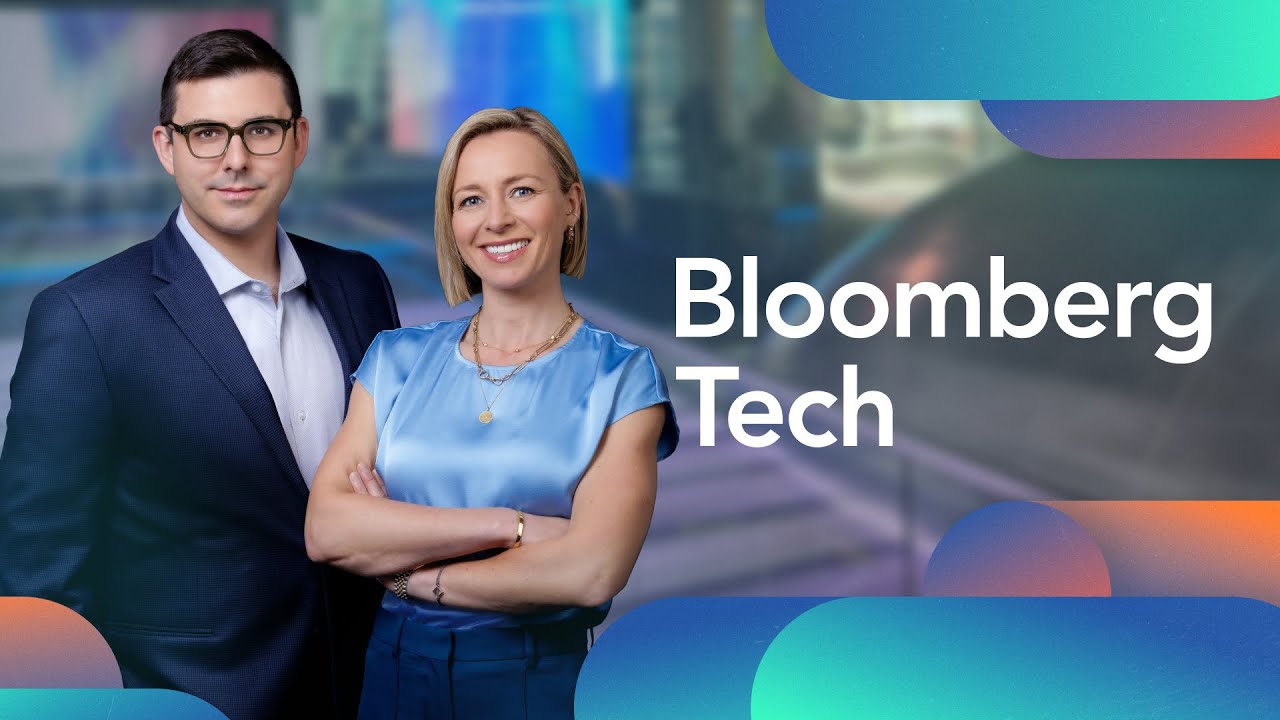The Bloomberg Tech segment highlights escalating China-U.S.-Europe trade tensions impacting the tech sector, concerns over an AI stock bubble amid market volatility, and significant developments in semiconductors and consumer AI technology. It also covers Instagram’s new AI-driven content restrictions for teens and Europe’s strategic investments to boost its AI capabilities in response to global competition.
The Bloomberg Tech segment opens with a focus on escalating trade tensions involving China, the U.S., and Europe, particularly impacting the technology sector. China has recently intensified its trade measures by imposing new restrictions on U.S. shipping and rare earth mineral exports, key components in global supply chains. These moves have raised concerns about the stability of international trade relations ahead of a potential summit between President Trump and Xi Jinping. Europe is also responding by considering measures such as requiring Chinese firms to share technology to operate within the EU, alongside increasing tariffs on steel imports, signaling a broader geopolitical struggle over technology and manufacturing dominance.
The tech market is experiencing heightened volatility amid these geopolitical tensions, with cryptocurrencies notably affected. Bitcoin and other digital assets saw a sharp decline, wiping out over $150 billion in value within 24 hours. This drop is partly attributed to the high leverage used by many crypto traders, who face margin calls during sudden market pullbacks. Fund managers are increasingly vocal about concerns of an AI stock bubble, with over half of participants in a Bank of America survey believing tech stocks are overvalued. Despite this, many investors continue to buy into AI-related stocks, justifying their decisions with long-term growth expectations.
In semiconductor news, AMD announced a significant deal with Oracle to supply 50,000 AI chips for data centers starting next year, highlighting AMD’s growing role in the AI infrastructure market alongside NVIDIA. Meanwhile, Samsung reported its biggest quarterly profit in three years, driven by gains in memory chips and progress in AI-related technologies, although its stock price fell as investors took profits after a strong run. The semiconductor sector remains a critical battleground amid the U.S.-China trade tensions, with companies like Samsung expanding manufacturing capacity in the U.S. to mitigate geopolitical risks.
The conversation then shifts to consumer technology with Tonal Systems, which is seeing a return to revenue growth fueled by its AI-infused strength training equipment. CEO Darren MacDonald discusses the company’s expansion into retail and new product offerings like Pilates, emphasizing the use of AI to personalize workouts and improve user outcomes. Tonal aims to maintain its premium positioning while exploring opportunities for hardware innovation and growth, leveraging its extensive user data to enhance the fitness experience.
Finally, the segment covers social media policy changes at Instagram, which is implementing stricter content restrictions for teenagers based on PG-13 movie rating standards. Using AI to classify and filter inappropriate content, Instagram aims to protect younger users by defaulting them into a safer content environment, with parents given additional controls. The show also highlights Europe’s efforts to catch up in AI development, responding to criticism from NVIDIA’s Jensen Huang about the region’s slow progress. European governments are investing heavily in AI infrastructure and startups to build homegrown capabilities and reduce reliance on U.S. and Chinese technology providers, signaling a strategic push to compete in the global AI race.
